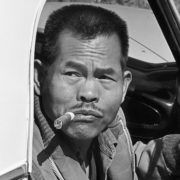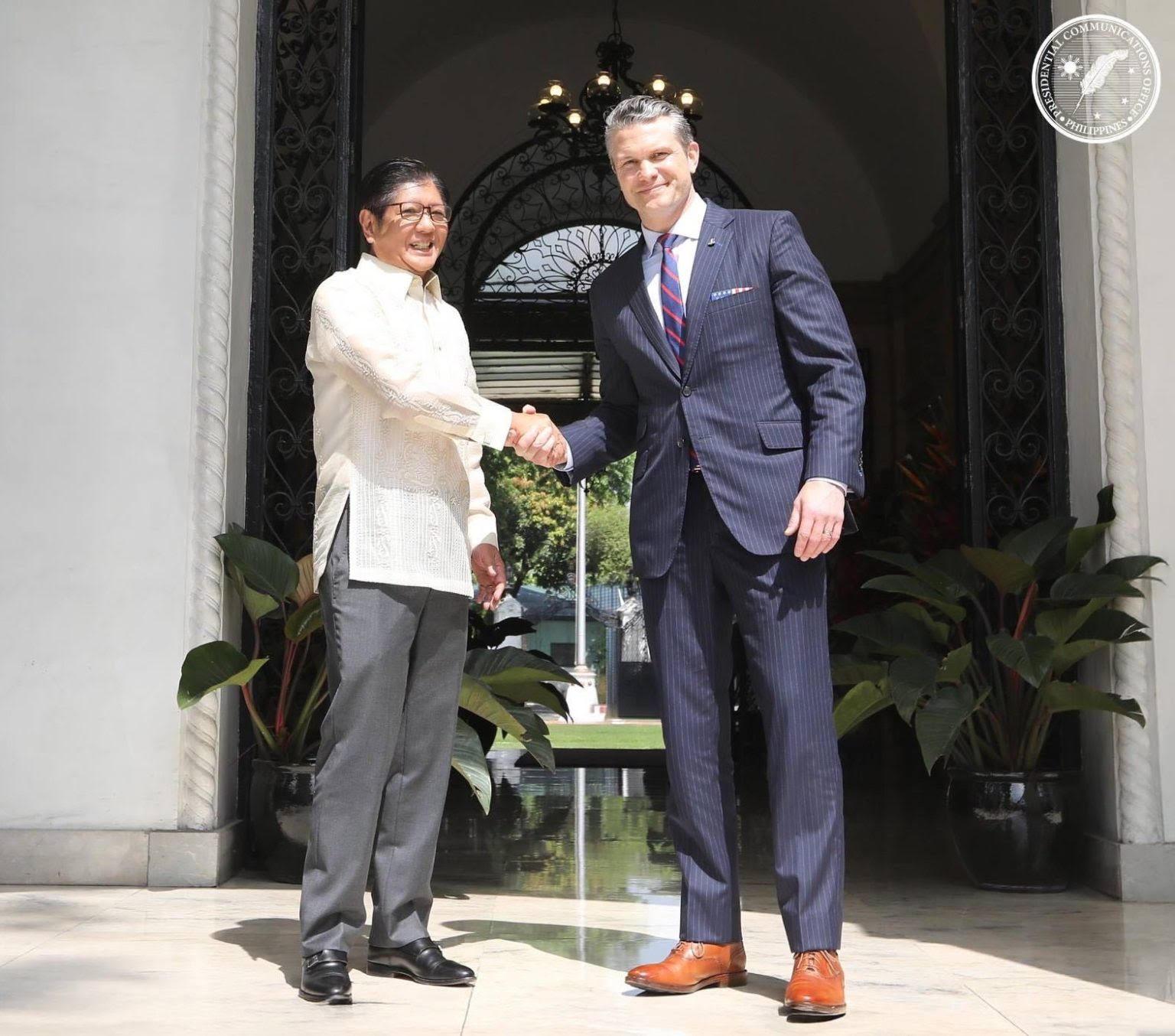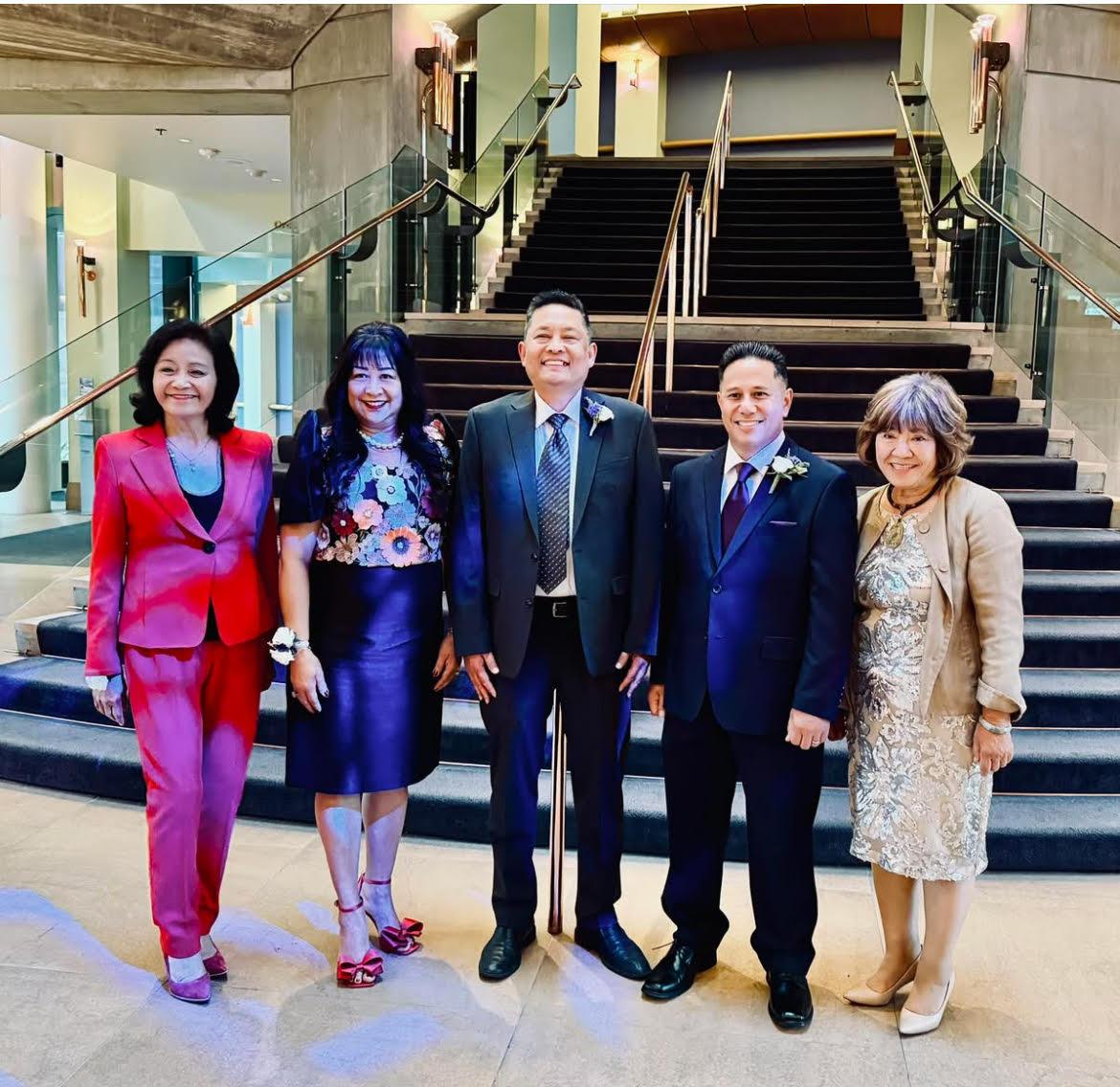Decades after his accomplishments in the labor movement were largely ignored by history books, the Filipino leader behind the West Coast agriculture labor movement Larry Itliong as been formally recognized as one of history’s most pivotal figures in labor activism.
On Thursday, May 17, the Labor’s International Hall of Fame honored the legacy and memory of Itliong, who many call “one of the fathers of the West Coast labor movement”, at Itliong-Vera Cruz Middle School in Union City with an induction into Labor’s International Hall of Fame.
“This is huge. He’s an American hero. He stood up for people who weren’t being heard,” Johnny Itliong, Itliong’s son, said at the ceremony.
Hailing from poverty-stricken Pangasinan, Philippines, Larry Dulay Itliong was born on Oct. 13, 1913 and only achieved a sixth grade education. Itliong was 14 when he first came to the United States and became a farmworker working alongside Filipinos in Alaska (where he organized cannery and agricultural unions), California, Washington, Montana and South Dakota.
He was a natural-born leader with excellent linguistic and oratory skills that propelled him to organize protests, call for action on low wages and squalid working conditions.
Along with Mexican-American labor activist Cesar Chavez, Itliong co-founded the United Farm Workers (UFW) which merged the Filipino and Mexican labor efforts to establish a coalition that would eventually lead to one of the most powerful labor union forces in U.S. history.
In May 1965, Itliong led the majority Filipino Agricultural Workers Organizing Committee to strike in the Coachella Valley and, later that year, led thousands of Filipino and Mexican farm workers in the Delano grape strike that resulted in significant improvements in wages and working conditions.
“What he did is Filipino-American history, and it’s American history. It’s important to our community, and our community’s history, but what he did was even bigger than that,” Dawn Mabalon, a professor of history at San Francisco State University, told the East Bay Times.
Despite Itliong’s pivotal role in changing the world’s view on farm labor from the 1930s until his death in 1977, his legacy was eclipsed by Chavez, who was viewed as an international labor hero following the Delano grape strikes, in which Itliong actually had to persuade Chavez to participate. Itliong, however, was rarely given the same praise.
“It’s very important getting him recognized for what he did,” Johnny Itliong told NBC News in 2015. “He didn’t do it himself, but he initiated it all…How did Cesar Chavez become the founder of a union he was asked to join? That’s on him for creating the fallacy, doesn’t mean he didn’t do any good. Just a matter of setting the record straight.” (Klarize Medenill/AJPress)






